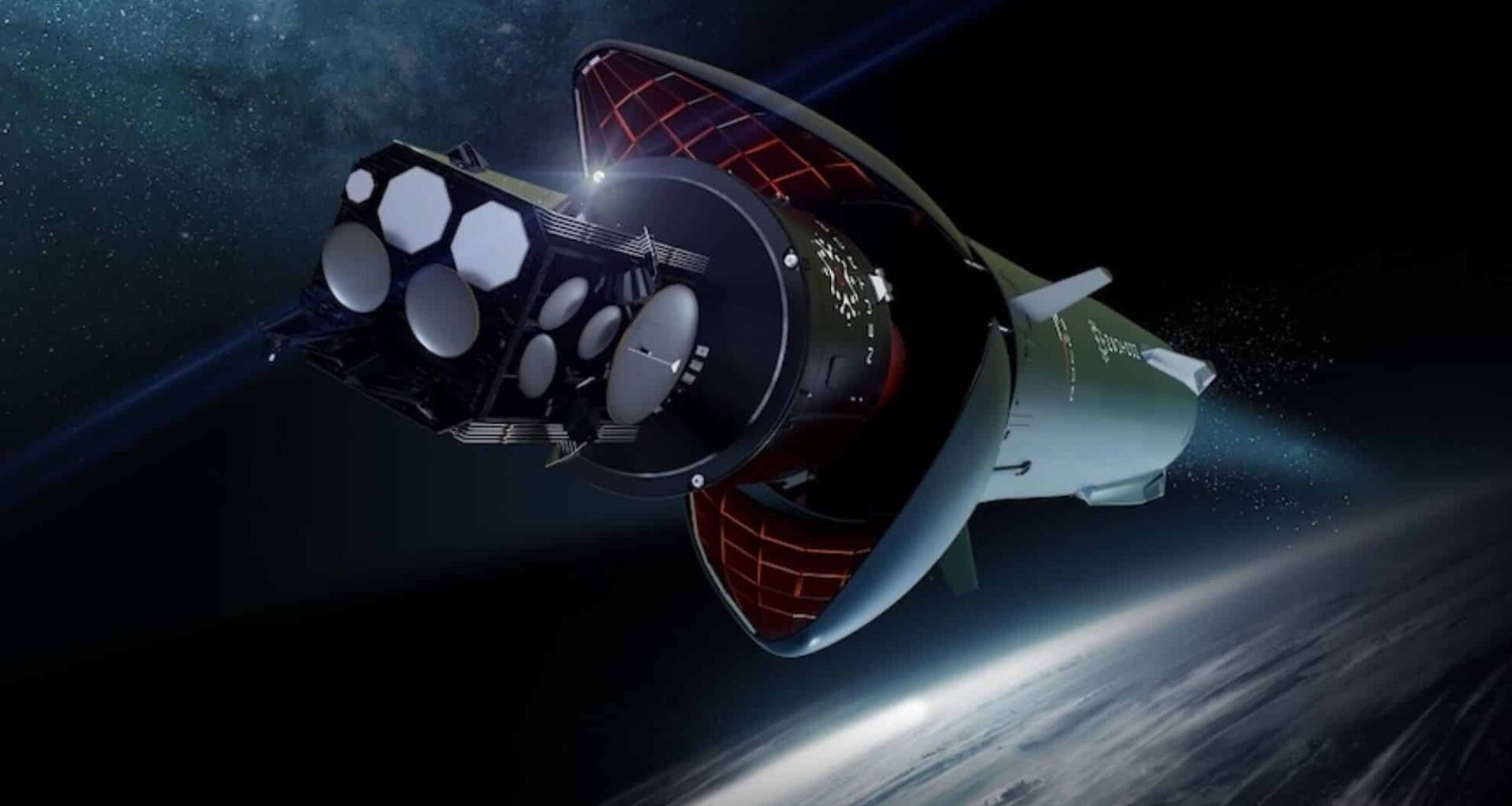In an exciting development, Rocket Lab has partnered with the U.S. Air Force Research Laboratory (AFRL) to demonstrate its Neutron rocket’s reusability in a mission slated for no later than 2026. This mission, which will showcase point-to-point cargo transportation, is part of the Rocket Experimentation for Global Agile Logistics (REGAL) program, a key initiative aimed at revolutionizing military logistics using orbital-class rockets. The mission will focus on re-entry and reusability, pushing the boundaries of space technology, as highlighted in recent reports by Spaceflight Now.
The Mission’s Strategic Importance
The AFRL’s mission aims to showcase the re-entry capability of Rocket Lab’s Neutron rocket, a significant step in the REGAL program, which is designed to enable point-to-point cargo transport using space vehicles. This demonstration will test the ability of the Neutron rocket to return to Earth safely, a crucial feature that could drastically reduce the time needed for delivering essential military or humanitarian supplies. Rocket Lab’s CEO, Sir Peter Beck, explained, “Since the mission is all about bringing things back to Earth, AFRL will fly on a return-to-Earth Neutron no later than 2026.” This announcement underscores the company’s commitment to advancing rocket reusability, a key area of focus for the Department of Defense (DoD).
Rocket Lab’s Push for Reusability and Frequent Launches
Rocket Lab’s Neutron rocket is being specifically designed for frequent reuse, with the company’s leadership recognizing this as an essential aspect of the mission’s success. Beck emphasized that rocket reusability is a major milestone in space technology. “We know re-entry and rocket reusability is a critical advancement in space tech that the DoD is highly supportive of, which is why Neutron has been designed from the get-go for reuse and frequency.” The Neutron rocket is expected to bring cost-effective solutions to launching large payloads into space, making it a vital tool for military operations, as well as rapid deployment in disaster relief and other critical missions.
The REGAL Program’s Potential to Transform Logistics
The REGAL program, also known as the Rocket Cargo program, is a part of the Air Force’s long-term strategy to redefine the way logistics are handled for military operations. The key goal of this program is to create a rapid, flexible cargo transportation system capable of moving large quantities of materials to remote locations in a fraction of the time it currently takes. This initiative has the potential to significantly improve the Department of Defense’s ability to deliver essential supplies and equipment to war zones or disaster-stricken areas. The REGAL program is a Vanguard initiative, which aims to fast-track the development of groundbreaking technologies to meet urgent military needs, as well as to assist in humanitarian efforts around the globe.
Rocket Lab’s Neutron Rocket: A Game-Changer for Space Transport
Rocket Lab’s Neutron rocket is a key player in the future of point-to-point space transport, with the ability to carry heavy payloads and re-enter the atmosphere, making it suitable for urgent logistics missions. Beck also noted that this mission would serve as a multi-manifest mission, though specifics on the payloads remain undisclosed. However, it is expected that this flight will demonstrate the rocket’s capabilities for future REGAL missions, focusing on its re-entry and cargo transport capabilities. The development of Neutron is crucial for fulfilling the military’s growing demand for rapid, agile transport solutions that go beyond the reach of conventional logistics.
